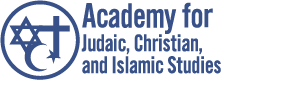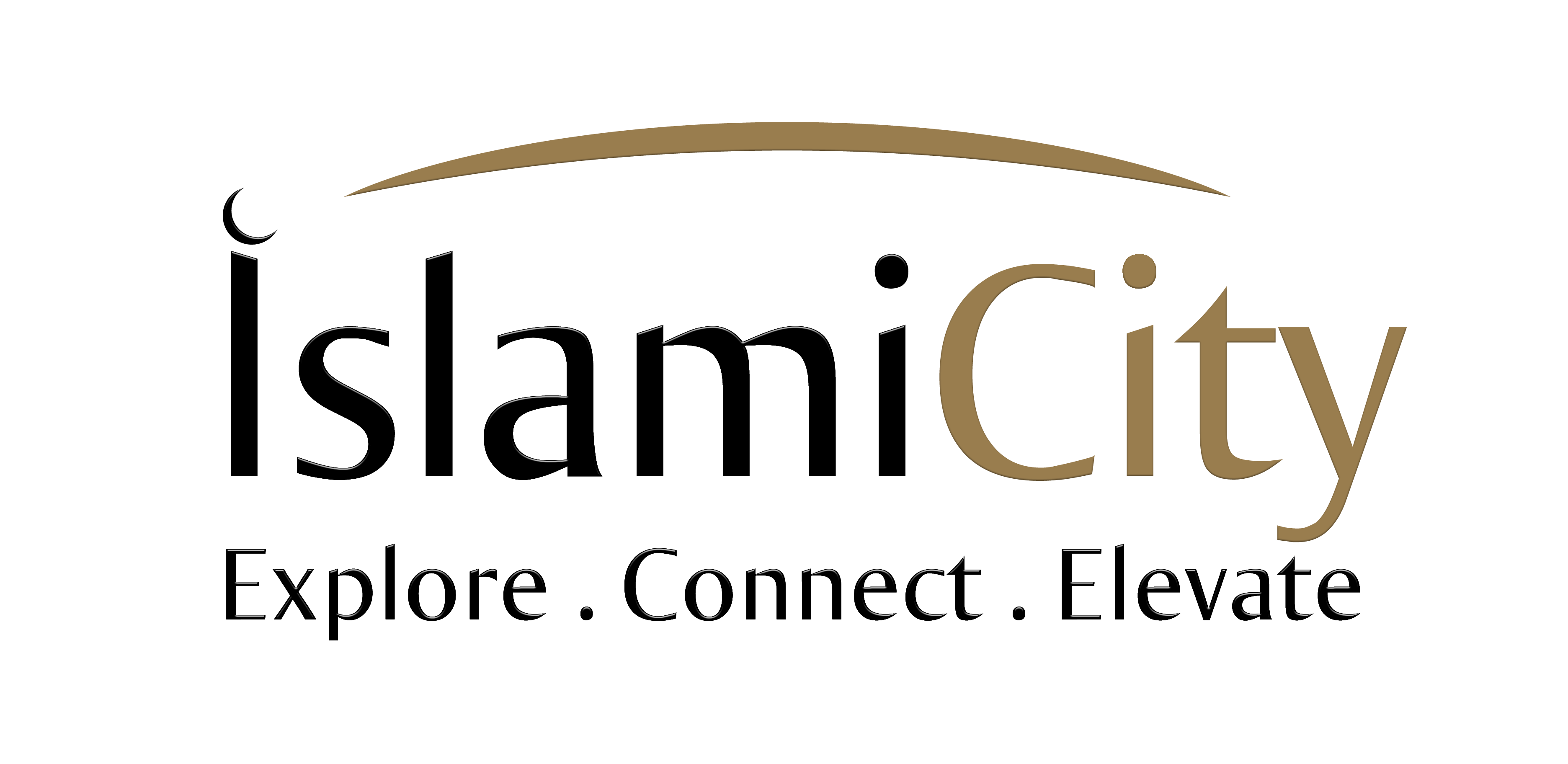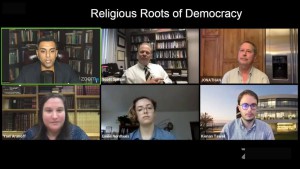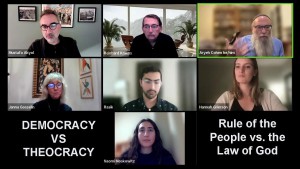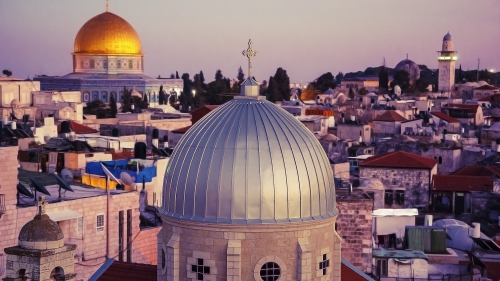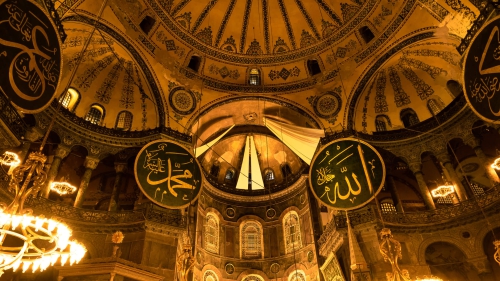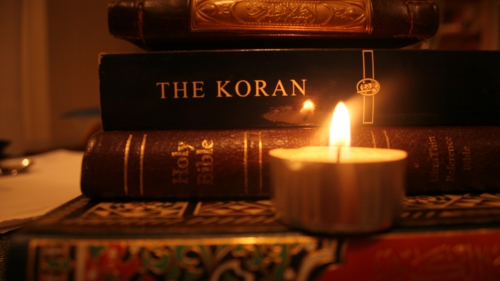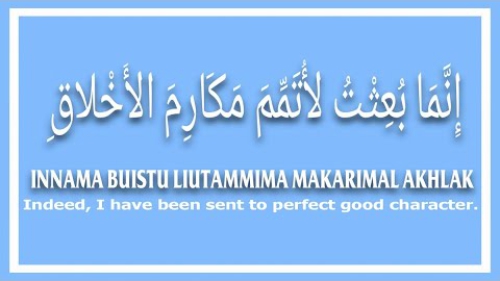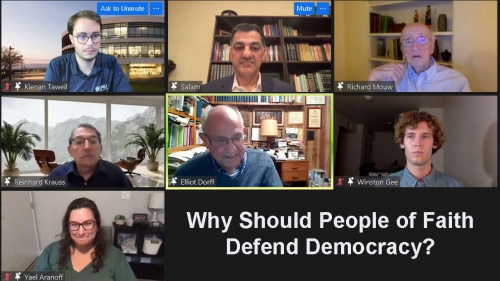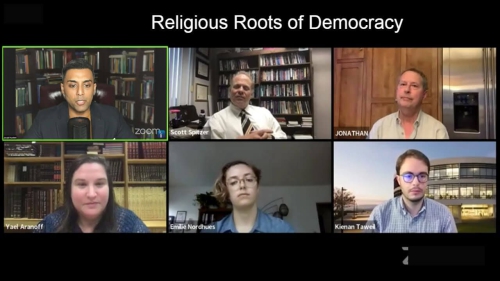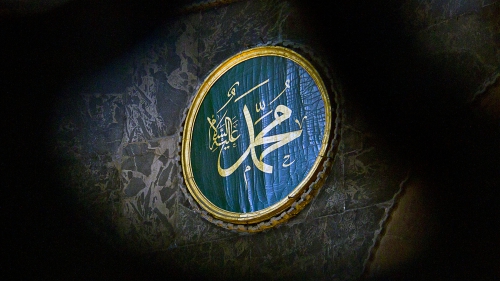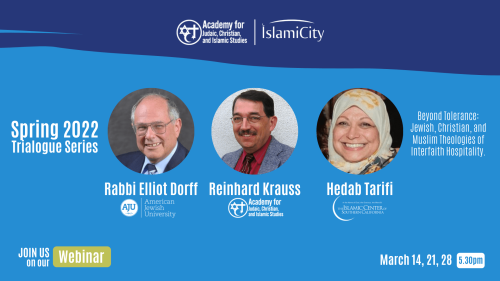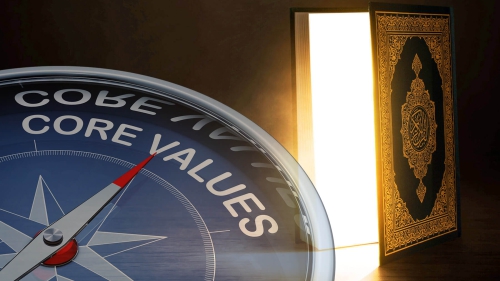Webinar: Why Democracy Matters for People of Faith
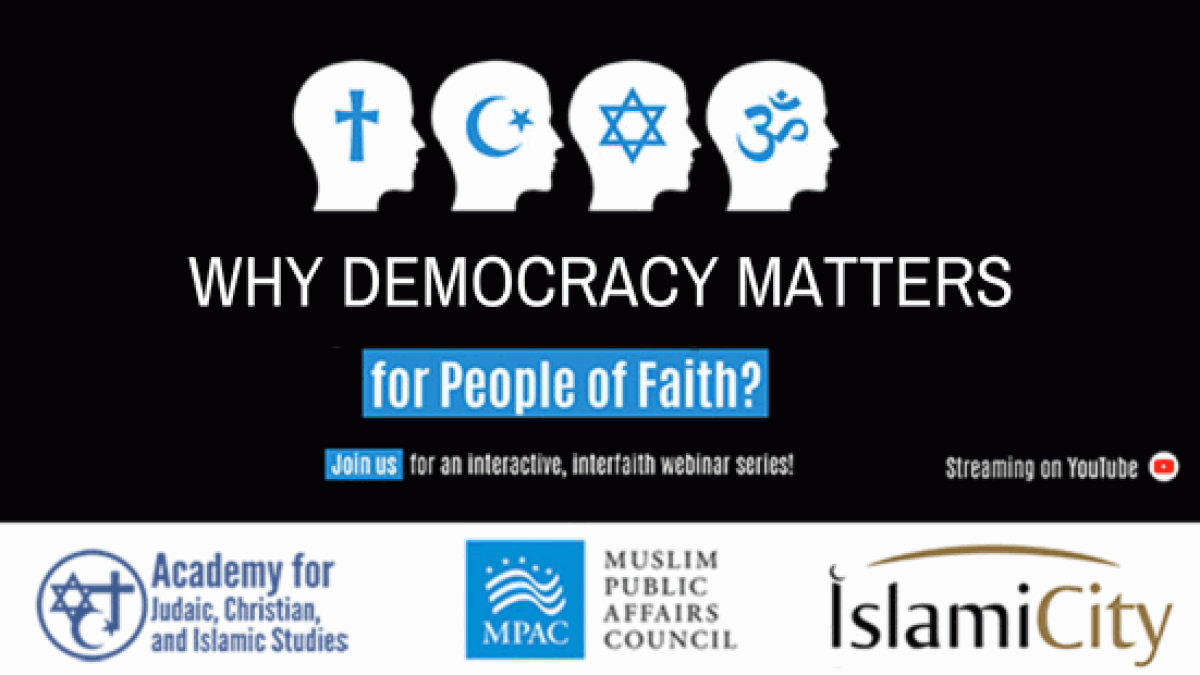 {file:content.php} {function:blp_getCustomField} {postID:81662} {customField:theClapCount} {default:0}not-in-use-in-plain-child
{file:content.php} {function:blp_getCustomField} {postID:81662} {customField:theClapCount} {default:0}not-in-use-in-plain-child


Recordings
Nov 2, 2022, at 6 pm Pacific Time
Oct 19, 2022, at 5 pm Pacific Time
Oct 26, 2022, at 6 pm Pacific Time
When, in 1776, the United States declared its independence from Great Britain, it marked a radical departure from traditional forms of political authority: a government by the people for the people versus hereditary rulers seen as divinely appointed. Ever since, this principle of democratic rule has been part of the bedrock of US self-identity, gradually extending over time to include voting rights for African Americans and women.
However, in recent years, democracy in the United States has begun to fray as a shared national value. The vast sums of political donations, gerrymandering of voting districts, and concerted efforts of voter suppression, to say nothing of the fiercely partisan debate over election results, all have a deeply corrosive effect on the very foundation of our country as a democratic nation.
Some consider this state of affairs, though lamentable, as a purely secular matter. We believe the weakening of democracy to be a moral and spiritual crisis as well. In this series of three interfaith conversations, we will explore why people of faith have a vital stake in the survival and flourishing of democracy.
Please register below and we will send you reminders and new event information.
October 19 at 5:00 PM - 6:00 PM
Session 1 The Religious Roots of Democracy
Democracy is commonly understood to be of Greek origin. While first practiced in rudimentary form in the city-state of Athens, the modern understanding of democracy has many roots. Among them are significant contributions by the Jewish, Christian, and Muslim traditions, notably the belief in a shared humanity of all people. The panel discussion will examine how each of the three religious traditions provided a significant tributary to the stream that would eventually become a modern democracy.
Moderator: Dr. Reinhard Krauss, Academy for Judaic, Christian, and Islamic Studies
Presenters:
Dr. Scott Spitzer, Cal State Fullerton
Rev. Jonathan Chute, Rolling Hills United Methodist Church
Dr. Javad Hashmi, Muslim Public Affairs Council
Respondents:
Yael Aranoff, American Jewish University
Emilie Nordhues, UCLA
Kienan Taweil, Loyola Marymount University
October 26 at 6:00 PM - 7:30 PM
Session 2 Democracy vs. Theocracy (Rule of the People vs. the Law of God?)
People of faith orient their beliefs and their conduct on holy scriptures believed to contain divinely revealed truths and ethical mandates. Some argue that the God-given truths and ethical mandates of their particular tradition must also be implemented in the political arena. Such a demand for a divinely mandated political order (theocracy) is obviously incompatible with democracy in which political authority is based on the collective will of all people, regardless of their particular religious convictions. The panel discussion will explore why people of faith should reject theocratic models of political authority in favor of democracy.
Moderator: Dr. Reinhard Krauss, Academy for Judaic, Christian, and Islamic Studies
Presenters:
Rabbi Aryeh Cohen, Professor, Ziegler School of Rabbinic Studies
Dr. Janna Gosselin, New Theological Seminary of the West
Mustafa Akyol, Cato Institute
Respondents:
Naomi Moskowitz, UCLA
Hannah Grierson, Norwegian Refugee Council (NRC) USA
Rasik Hussain, Los Angeles Mayor’s Office
November 2 at 6:00 PM 7:30 PM
Session 3 Why Should People of Faith Defend Democracy?
Is religion a purely private matter, concerned only with the interior life, or does religion also need to play a role in the public arena, in the busy marketplace of ideas? The proponents of the strictly non-political nature of religion overlook that every religion contains ethical mandates not just for individuals but also for interpersonal and communal relationships. Core religious values such as compassion and justice require people of faith to be concerned not just with themselves and their own group but with the protection of equal rights for all members of society, especially minorities. The forum will illuminate the particular reasons why their respective traditions call Muslims, Christians, and Jews to actively defend democracy.
Moderator: Dr. Reinhard Krauss, Academy for Judaic, Christian, and Islamic Studies
Presenters:
Rabbi Dr. Elliott Dorff, American Jewish University
Dr. Richard Mouw, Fuller Theological Seminary
Salam Al-Marayati, Muslim Public Affairs Council
Respondents:
Yael Aranoff, American Jewish University
Winston Gee, UCLA
Kienan Taweil, Loyola Marymount University
Format:
Series of three 1-hour sessions - In each session, the three presenters will each provide a brief 10-minute introduction to the topic from their respective religious traditions. This will be followed by a conversation by three panelists and three youth responders, as well as questions from the audience.
Guests Bios:
Dr. Scott J. Spitzer - Dr. Spitzer is an Associate Professor of Political Science at California State University, Fullerton. His research addresses presidential leadership, racial politics, the decline of New Deal Liberalism, and the rise of contemporary conservatism. His most recent work appears in Presidential Studies Quarterly and in The Sixties: A Journal of Politics, History and Culture, and he is currently revising a manuscript for publication: From Johnson’s War on Poverty to Nixon’s Silent Majority: Welfare, Race, and the Origins of Modern Conservatism.
Rev. Jonathan Chute - Rev. Chute graduated from Harvard University, majoring in the Comparative Study of Religion. He completed his Master of Divinity degree at the Pacific School of Religion in Berkeley in 1985. He was ordained in the California-Pacific Conference. He served as Associate Pastor at Community UMC in Pacific Palisades for the next four years. Since 1998 Rev. Chute has been serving as Senior Pastor at Rolling Hills UMC.
Dr. Javad T. Hashmi - Dr. Hashmi is a board-certified emergency physician, former Fellow of Medical Ethics at Harvard Medical School, and a Ph.D. student in the Study of Religion at Harvard University. In addition to his medical training, Dr. Hashmi holds bachelor’s and master’s degrees in Arabic & Islamic Studies from U.C. Berkeley and Harvard, respectively.
Rabbi Dr. Aryeh Cohen - Rabbi Cohen, is Professor of Rabbinic Literature and a former chair of the Rabbinics Department in the Ziegler School of Rabbinic Studies. His research and scholarship sit at the intersection of Talmud, Jewish ethics, and social justice activism. Dr. Cohen is also the Rabbi in Residence at Bend the Arc: Jewish Action, a national social justice organization. He is a co-convener of the Black Jewish Justice Alliance (BJJA) and a member of Clergy for Black Lives.
Dr. Janna Gosselin - Dr. Gosselin is the Coordinator and Professor of Christian Spiritual Formation at New Theological Seminary of the West. After a successful career practicing law at both a major international law firm in downtown Los Angeles and a boutique entertainment law firm in Beverly Hills, Janna Gosselin experienced a spiritual awakening that propelled her to doctoral studies and seminary.
Mustafa Akyol - Mr. Akyol is a senior fellow at the Cato Institute’s Center for Global Liberty and Prosperity, where he focuses on the intersection of public policy, Islam, and modernity. Since 2013, he has also been a frequent opinion writer for The New York Times, covering politics and religion in the Muslim world. He is the author of Reopening Muslim Minds: A Return to Reason, Freedom, and Tolerance (2021), “Why, As A Muslim, I Defend Liberty” (2021), The Islamic Jesus: How the King of the Jews Became a Prophet of the Muslims (2017), and Islam without Extremes: A Muslim Case for Liberty (2011).
Rabbi Elliot Dorff, Ph.D. - Dr. Dorff is a prominent interfaith leader in the Jewish community and a past President of the Academy for Judaic, Christian, and Islamic Studies (2015 – 2017). Dr. Dorff is the Rector and Distinguished Professor of Philosophy at American Jewish University, where he has been directing the rabbinical and Master's programs since 1971.
Dr. Richard John Mouw - Dr. Mouw is an American theologian and philosopher. He held the position of President at Fuller Theological Seminary for 20 years (1993–2013) and continues to hold the post of Professor of Faith and Public Life. He received his BA from Houghton College. He then studied at Western Theological Seminary. He was awarded an MA from the University of Alberta and his Ph.D. from the University of Chicago.
Salam Al-Marayati - Mr. Al-Marayati is nationally recognized for his commitment to improving the public understanding of Islam and policies impacting American Muslims. Salam is president and co-founder of the Muslim Public Affairs Council. He oversees MPAC’s groundbreaking civic engagement, public policy, and advocacy work. He is an expert on Islam in the West, Muslim reform movements, human rights, democracy, national security, and Middle East politics.
CO-SPONSORED BY
Topics: Democracy, Interfaith, Theocracy Channel: Webinars
Views:2485
Related Suggestions
In accordance with Title 17 U.S.C. Section 107, and such (and all) material on this site is distributed without profit to those who have expressed a prior interest in receiving the included information for research and educational purposes.



